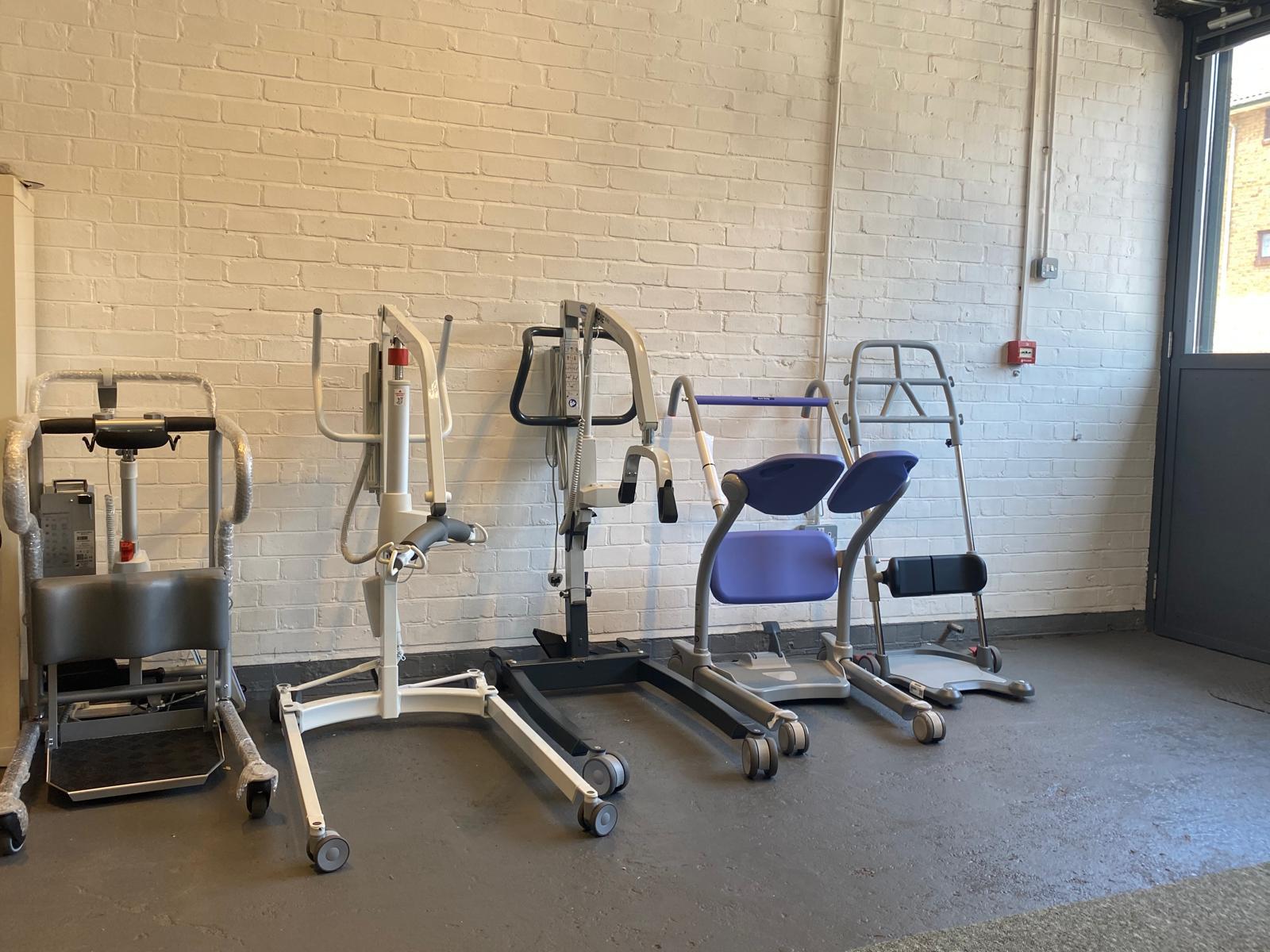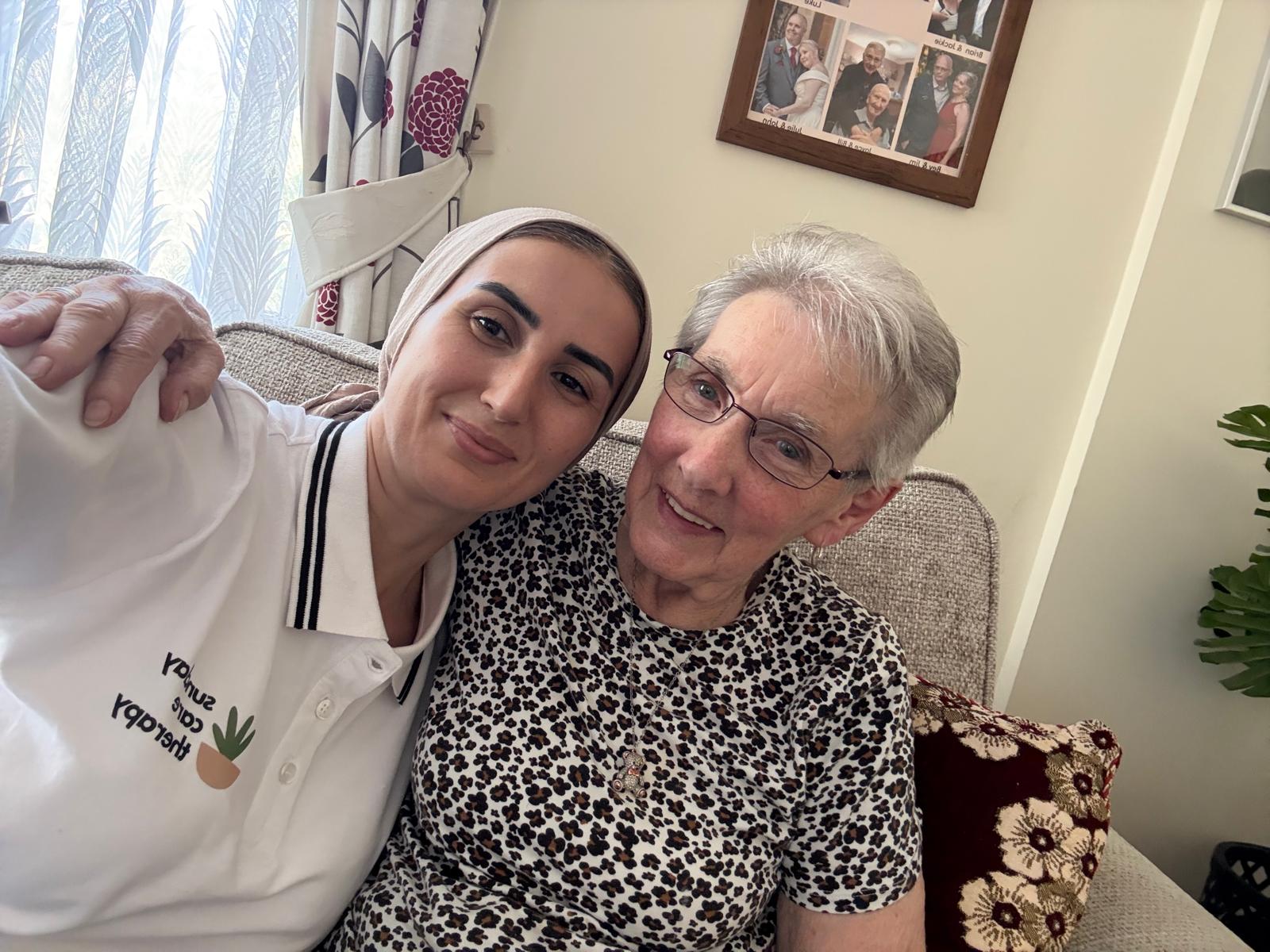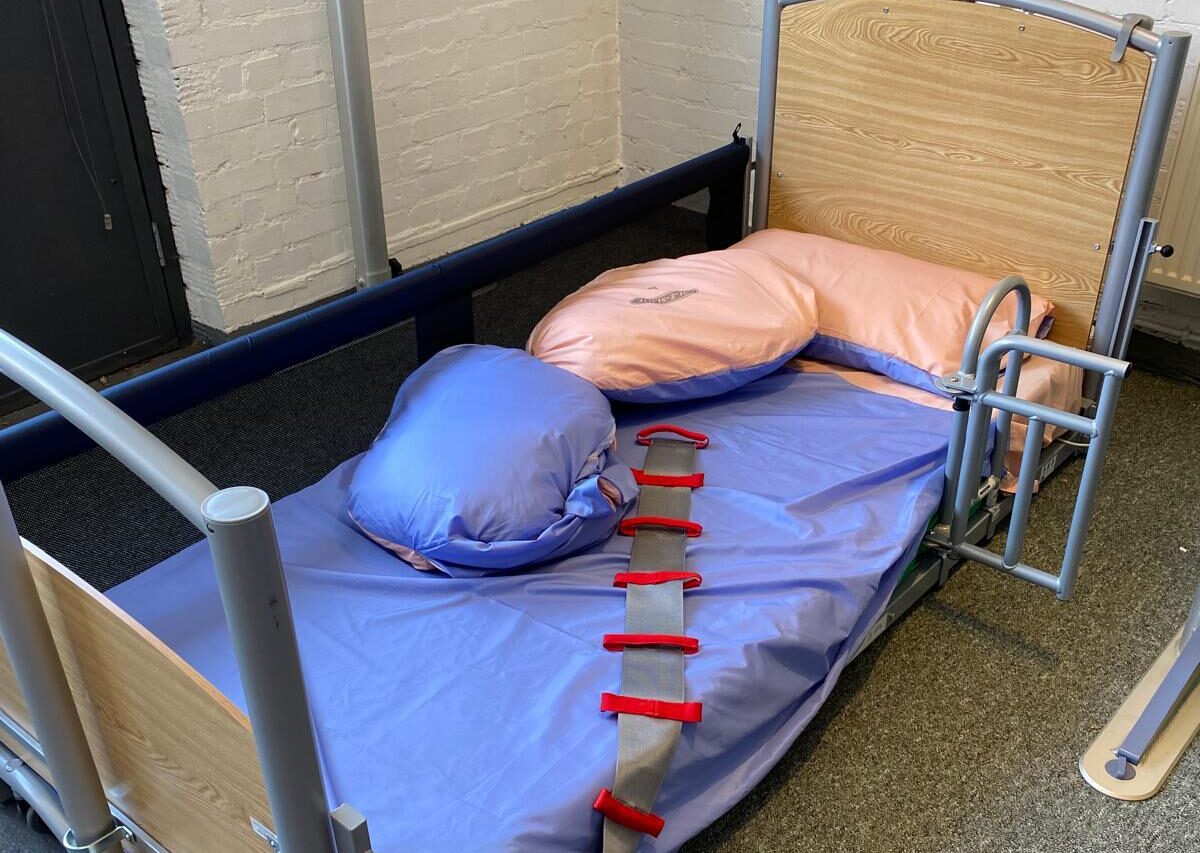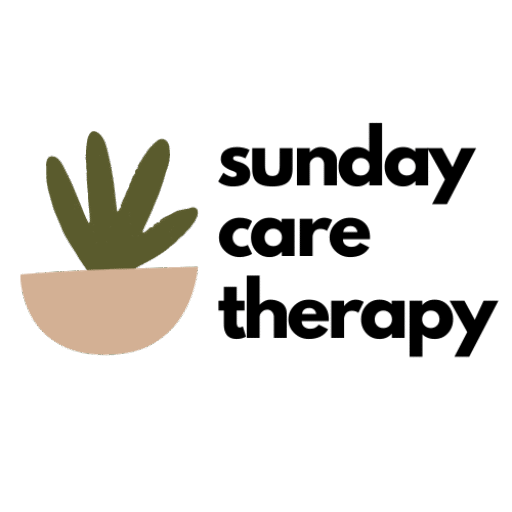
Are you thinking of becoming a carer?
Bookmark this page as we share exactly what it’s like to be a home carer in the UK.
What you’ll learn in this blog
-
The key aspects of being a carer.
-
How Care Assistants are saving lives and helping people live longer more meaningful lives.
-
How professional and personal boundaries will affect your work.
The need for care
In 2018 there were over 800,000 people employed as a Care Assistant. Meanwhile there are over 18,000 unpaid carers in Hackney, according to Hackney Health Watch. That means that over 6% of Hackney’s 279,000 population are delivering care to friends and loved ones.
According to the 2011 Census, 14.6% of Hackney’s residents identified as disabled or experienced long-term limiting illnesses, that equals 35,709 residents in Hackney.
It is clear to see that these are large proportions of the population in Hackney, despite it being seen as one of London’s youngest boroughs!
The role of being a carer or Care Assistant, is not easy but extremely rewarding. Our Co-Founder Derek is a carer himself, so we deeply understand how difficult this role can be.
If you’re keen to get an inside look, give this Buzzfeed article a read. They talk to 18 carers to get an understanding of what the role entails.
Despite the article being from 2015, the sentiment still remains the same. In our own conversations with professional Carers to get an understanding of what the current issues in the profession are, the themes from then to now haven’t changed much.
Let’s look at the different aspects being a carer entails, some things that you might not immediately think carers are doing:
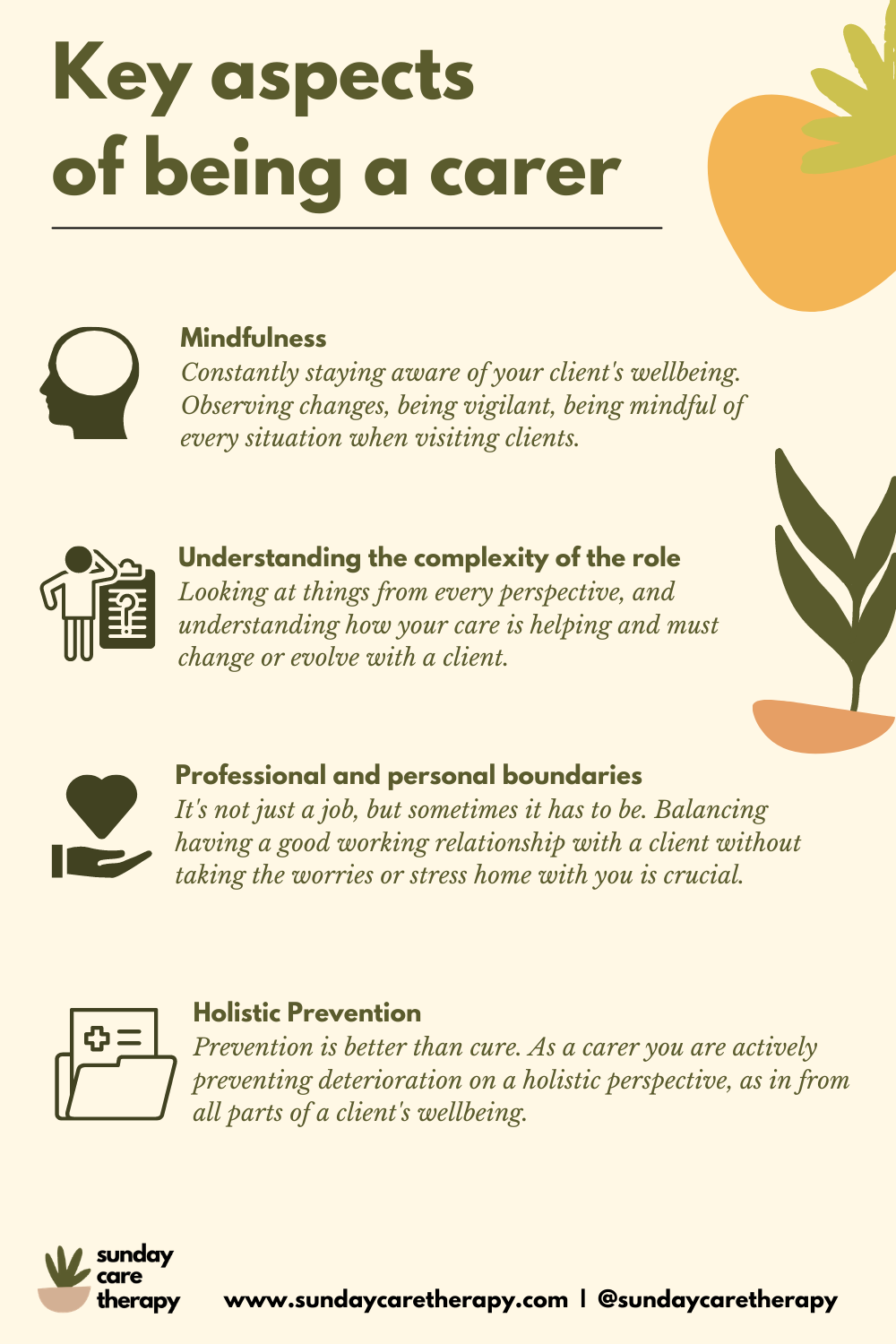
Mindfulness
As a Care Assistant you have a lot of responsibility, you have to look out for ongoing issues and always be vigilant. Every carer should have a good working knowledge of safeguarding, looking out not only for your Client, but also anything else that might seem suspicious. From checking skin integrity ensuring someone does’t develop pressure injuries to following your instincts if you think there might be some internal infections like a Urinary Tract Infection. Care Assistants need to be mindful of every situation when visiting their clients.
Understanding the complexity of the role
Our Co-Founder Derek is an Occupational Therapist, so one of his primary skills is activity analysis. That is looking at what someone is doing and breaking it down into its many components.
Looking at things from every perspective, there is a term you may be familiar with, that is “Biopsychosocial” – simply this means looking at the interconnection between Biology, this is your physical health, Psychological, your coping skills and self-esteem and Social, your relationship with society.
When we look at the role a Care Assistant plays in someone’s life, it can and does have immense implications. I truly believe that every interaction between a Care Assistant and their Clients is an opportunity from Therapeutic Interventions.
Breaking down “Biopsychosocial” in a real life scenario:
When we look at a simple task like getting dressing in the morning from an OT perspective.
-
Biological — The Care Assistant is helping their client with physical health, as they move arms and legs through large ranges of motion, this is the Biological aspect.
-
Psychological — Psychologically being dressed changes your mood and self worth.
-
Social — Being dressed enables you to interact with society even if it is just going to the living room and having a zoom call.
Care Assistants roles are vast and easily misunderstood as just a “helper” or just making people cups of tea. It’s much more than this!
It’s not just a job, but sometimes it has to be.
When working with a Client it is totally natural to develop a working relationship, in fact it is essential. As a Therapist we call it developing the therapeutic use of self, there is even a model of practice based on it called the intentional relationship model. At Sunday Care Therapy we strongly believe that every care call is an opportunity for therapeutic intervention and you cannot have a therapeutic intervention if there is no working relationship.
Care Assistants frequently have to use empathy and problem solving skills to try and get onto the same level as their Clients in an attempt to understand where they are coming from and what difficulties there might be. This can be extremely complex when your client is experiencing Dementia symptoms and is non verbal. By developing your therapeutic use of self not only are you making someones life easier, but expanding on the value of your role. Giving you as a Care Assistant a more rewarding job experience.
But all too easily you can become attached to your Client, which in theory doesn’t sound like a bad thing, but in reality can be very difficult, not only does it blur the boundary lines from professional to personal, but if the Client leaves your service or even passes away this can have massive emotional implications for you as a Care Assistant.
Yes, you do have to have a working therapeutic relationship with your Client, but you also need to actively learn to be able to switch off and understand this is a professional relationship.
Holistic Prevention
Prevention is better than cure. As a Care Assistant you are actively preventing deterioration on a holistic perspective. So what does that mean?
It’s likely you’ve heard of the term “holistic” – basically it means you are looking at a person as a whole. When a Care Assistant goes out and does a home visit, the care plan might say assist going to the toilet, but in reality you are assessing someones mental health, are they withdrawn and down? Their physical health, do they have any broken skin or a fever? Socially, you are interacting with them and assisting to the toilet may enable then to be more interactive with others. Even to the extent a toilet call can help someone spiritually. In different cultures people wash after toileting in different ways – so by you respecting and enabling that you are actively encouraging them to participate in their own spiritual aspects of daily living.
The important thing is, when we look at someone holistically we are able to identify any issues quicker and implement change to prevent deterioration.
Care Assistants are saving lives and helping people live longer more meaningful lives.
In reality this is just the tip of the iceberg of the inherent value of a Carer.
Are you a carer? Do you live in Hackney? Are you aware of Carers First? This is a Charity working with unpaid carers to provide practical information and advice. Sunday Care Therapy are delighted to say we will be providing free training to carers via Carers First, online.
Is there any area you feel you would like or would need extra training on? Then get in touch and we can see how we can help.
Are you a Care Assistant? Feel like you need a new exciting challenge, then come be part of the Sunday Care Therapy team, we are always looking to recruit to our tribe. Work with us to turn care into a career.
Do you or any loved ones need care? Contact us for a free OT assessment, let us work with you on what is important to you.


